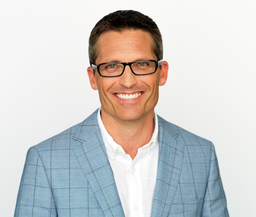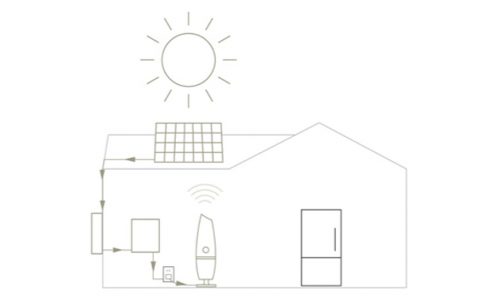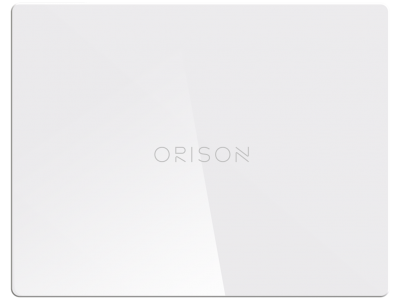As published on Meeting of the Minds.
Over the past 15 years working in the sustainability industry I have witnessed many businesses sacrifice environmental goals to uphold quality and profit. Although sustainable resources and green technologies abound, increasing return on investment while achieving and maintaining meaningful sustainable development practices and environmental stewardship ideals is a challenge. Regardless, environmental sustainability is a necessary metric that is crucial to driving all future business.
Through my experiences I’ve had the opportunity to glean significant insight from the envisioning of products and smart city developments to end-consumer experiences and everything in between.
My top three guiding principles of any responsible, successful, and sustainable business include: be a net-contributor, be customer centric, and promote mutual thriving.
These guiding principles are built into our DNA at Orison, a plug-and-play energy storage company. By sharing them here, I hope to encourage other sustainability-focused entrepreneurs and business owners to do the same.
Principle 1: Be a Net-Contributor
Because of the global focus on reducing carbon emissions, there is significant pressure on companies to make their buildings net-zero (i.e., to match their renewable energy generation with their total power usage). The goal is to offset electricity usage with renewable generation, thus reducing their negative environmental footprint.
While being net-zero is a great idea in theory, the method often fails to reduce the significant impact of businesses on both the grid and environment. Even if net-zero businesses produce enough energy to offset their total usage, they still create peak energy demands that force utilities to quickly ramp up energy production during peak times which necessitates larger transmission and distribution systems in order to sufficiently meet fluctuating use.
This daily scenario might not seem too bad, but it negatively impacts the rest of us in two ways:
The massive shifts between peak renewable generation and peak usage cause incredible strain on our aging grid. Businesses unintentionally shift the burden of cost onto other energy users, including residential ratepayers, as utilities are forced to increase pricing and explore creative rate structures such as time of use and dynamic pricing models to address these peak swings. The net-zero approach is a step in the right direction, but ultimately it is not effectively meeting the desired goals that companies set out to accomplish. We need a new solution.
To be a net-contributor, you must be more efficient in how and when you use energy in addition to producing renewable energy to offset usage.
Self-regulating peak demand can be achieved locally by offsetting demand with energy storage, being more efficient in your energy usage throughout the day, and by producing enough renewable energy to cover the total energy budget while using energy storage to keep from exporting excess solar generation back onto the grid. Be aware. Be intentional.
Principle 2: Be Customer Centric
What do businesses like Netflix, Amazon, Spotify, Uber, and Google have in common? Well, aside from being incredibly successful, these businesses all use subscription based, customer-centric models. These businesses have found their success in allowing customers to have control over their own experiences.
As we launched into the development of Orison, we knew that to be successful, our product would need to be customizable, attainable, and available on demand—flexible to adjust to the needs and desires of every individual customer.
Put the needs and desires of your customers at the center of your business—their priority should always be your priority. By giving customers satisfaction, you receive success.
Principle 3: Promote Mutual Thriving
The sustainability movement is growing quickly as more people recognize the need to contribute toward reducing negative environmental impacts with the end goal of a healthier planet. One of the areas in which many are seeking to be more sustainable is through energy generation and usage. However, people want to help the environment without sacrificing their own comfort.
At Orison, we realized that if we wanted to successfully help support a healthy, sustainable world, we would have to do so without requiring people to make any sacrifices. Orison helps identify habitual waste and/or excessive use. We optimize grid services through the management of daily usage at the consumer level while simultaneously reducing intermittency and stopping the export of electricity. Systemic design principles allow for grid stability to help reduce cost and maintenance of the existing infrastructure while integrating renewable energy.
Whatever your role may be in sustainable innovation, look for ways to provide solutions for the mutual well-being of both the environment and the consumer. The goal shouldn’t be that man lives without for the planet to thrive, but rather that man thrives in an environment that heals the planet and creates balance for all.
Businesses have the unique opportunity to support the sustainability movement in a monumental way. By looking beyond their own footprint and learning from and following these three principles, businesses can create financially sound business models that will make the most of their potential and impact the world for good.




